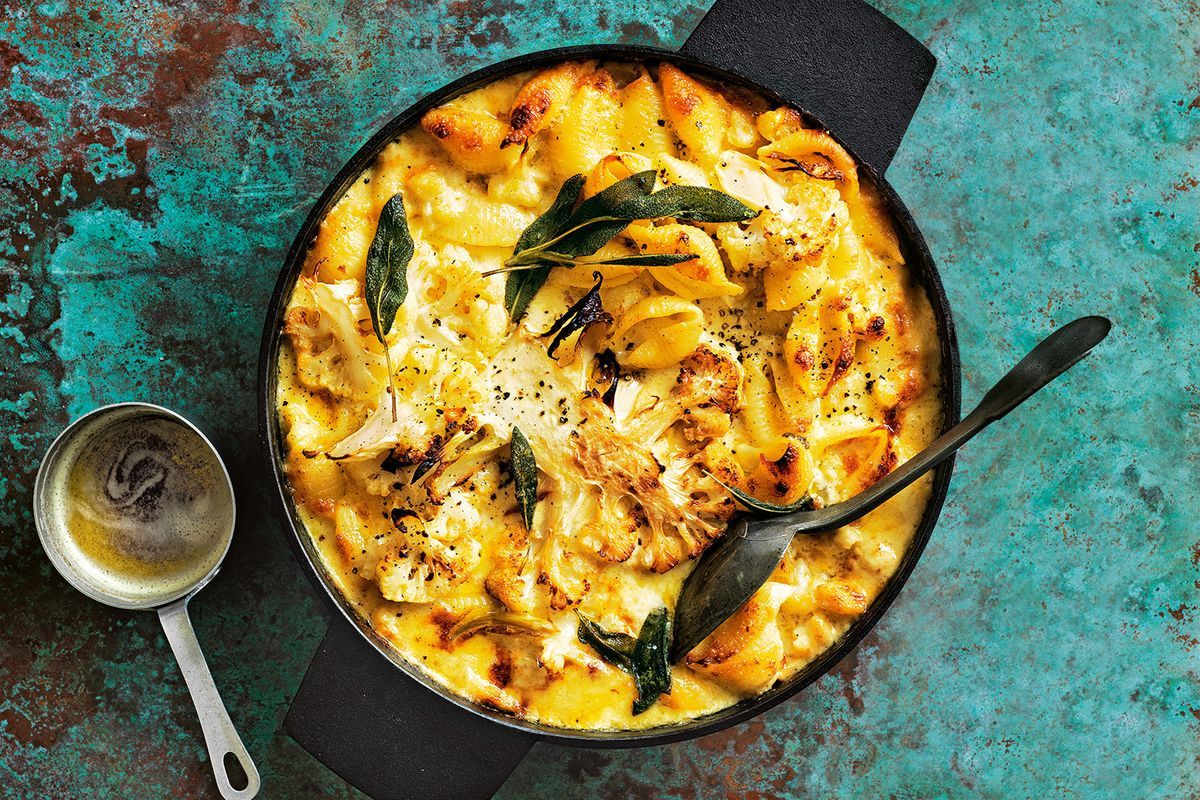As summer slowly morphs into fall, people start looking for something heartier to fill their plates. Roasts, stews and braises, savoury sandwiches and gooey casseroles and other vegan comfort foods – a far cry from the zippy salads they enjoyed throughout the warm summer months.
But, on the whole, people have also become more eco-conscious and sustainable recently. Those centrepiece roast meats have begun to appear passe, and those dairy-heavy casseroles seem decadent in the face of an increasingly evident climate crisis.
That’s where vegan comfort food comes in. According to Kroger’s 2022 Food Trends Report, vegan comfort food is a fast-growing trend among consumers, an observation echoed by countless other surveys and news outlets.
So, what exactly is vegan comfort food, and why is it so popular? Let’s explore.
What Is Vegan Comfort Food?
Essentially, plant-based comfort food is the marriage between two traditionally disparate culinary approaches: veganism and comfort cooking.
On one side, you have vegan cuisine, an approach to food (or food philosophy, really) that foregrounds plant-based ingredients and removes all animal-derived products. In past eras, vegan food had a reputation for being dull, unadventurous and markedly health-conscious. These practices gave rise to vegan stereotypes like sprout salads and unseasoned hummus (which weren’t far from reality).
On the other hand, you have comfort food: unashamedly indulgent and highly caloric, with a customary emphasis on animal products like meat, cheese and eggs. It was a big, brash style of cooking born out of western overconsumption patterns in the mid-20th Century.
Vegan comfort food picks the best of both worlds. It is still plant-based, which keeps its calorie count relatively low and produces a far more sustainable plate of food. But it embodies the spirit of comfort food – the nourishing, soul-satisfying, stick-to-your-ribs quality that people love. Take a restaurant like Parka in Toronto. Their menu includes comfort food classics like mac n’ cheese, supreme fries, ice cream floats and “chicken” fried steak sandwiches – but each dish’s components are entirely plant-based.
The Benefits of Vegan Comfort Food
As some experts note, one of the central benefits of these dishes – a benefit that partially explains its popularity – is that it helps people convert to veganism and stick with it. A common complaint among new vegans is that they miss those comforting items draped in cheese or those messy burgers. Vegan comfort food removes the “sacrifice” from the lifestyle switch, allowing people to have their proverbial cake and eat it too.
As mentioned, vegan comfort food is also considerably more sustainable than its non-vegan counterpart. Plant-based ingredients require less water, and they produce far less greenhouse gas. As climate change becomes a more apparent facet of daily life, they offer a compelling way to get our daily calories.
Finally, there are the potential cost-saving benefits of vegan comfort food. According to a recent Oxford study, switching to a plant-based diet can slash household food costs by around 29%. Therefore, plant-based comfort food is a fantastic way to nourish a budget-conscious household.
If you’re interested in making a positive switch to plant-based food, ease yourself into the lifestyle with vegan comfort food. It’s a more sustainable way to eat, and it can save you money in the long run. Try restaurants like Parka to get inspiration, then attempt a few recipes at home.








